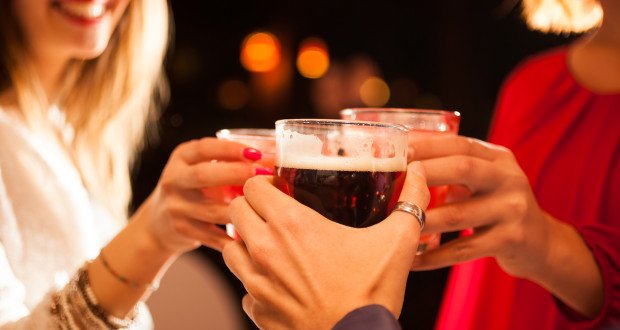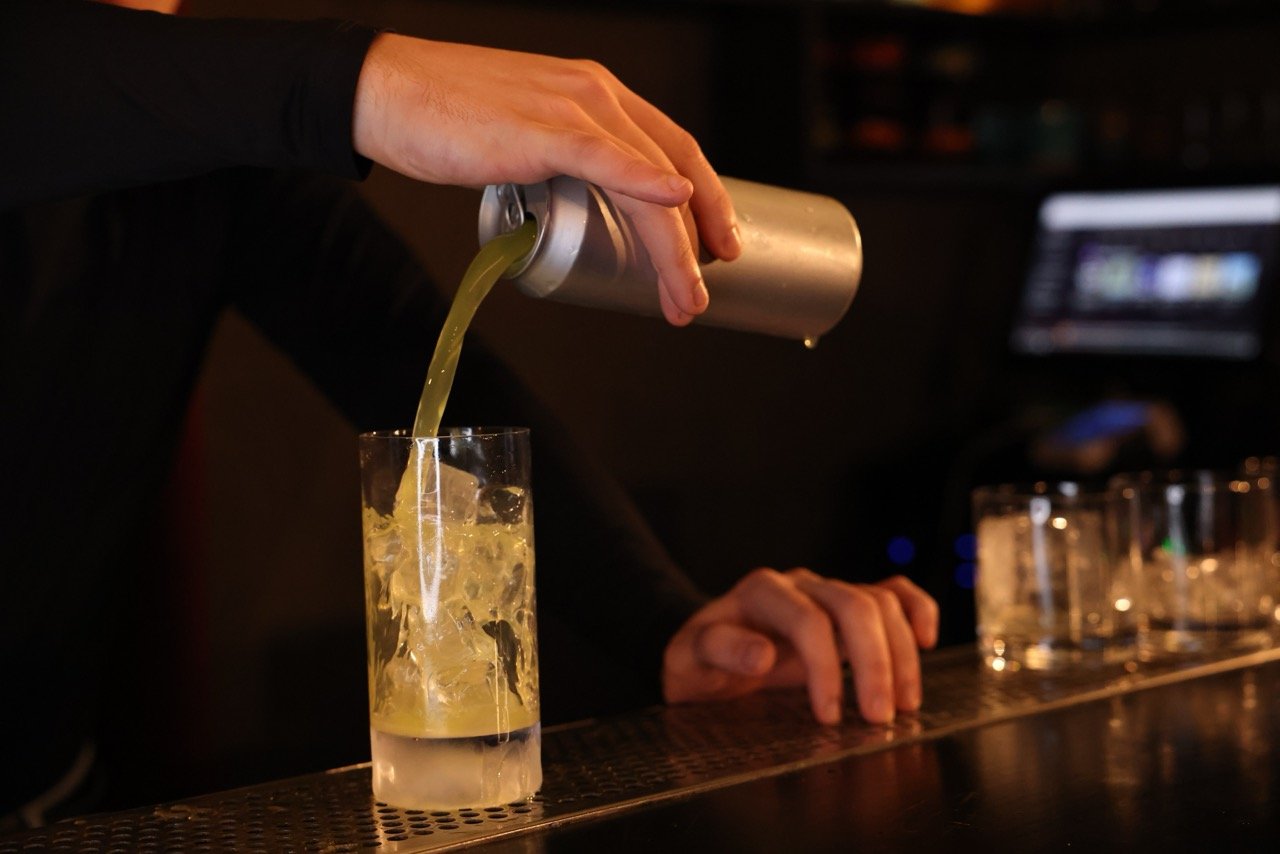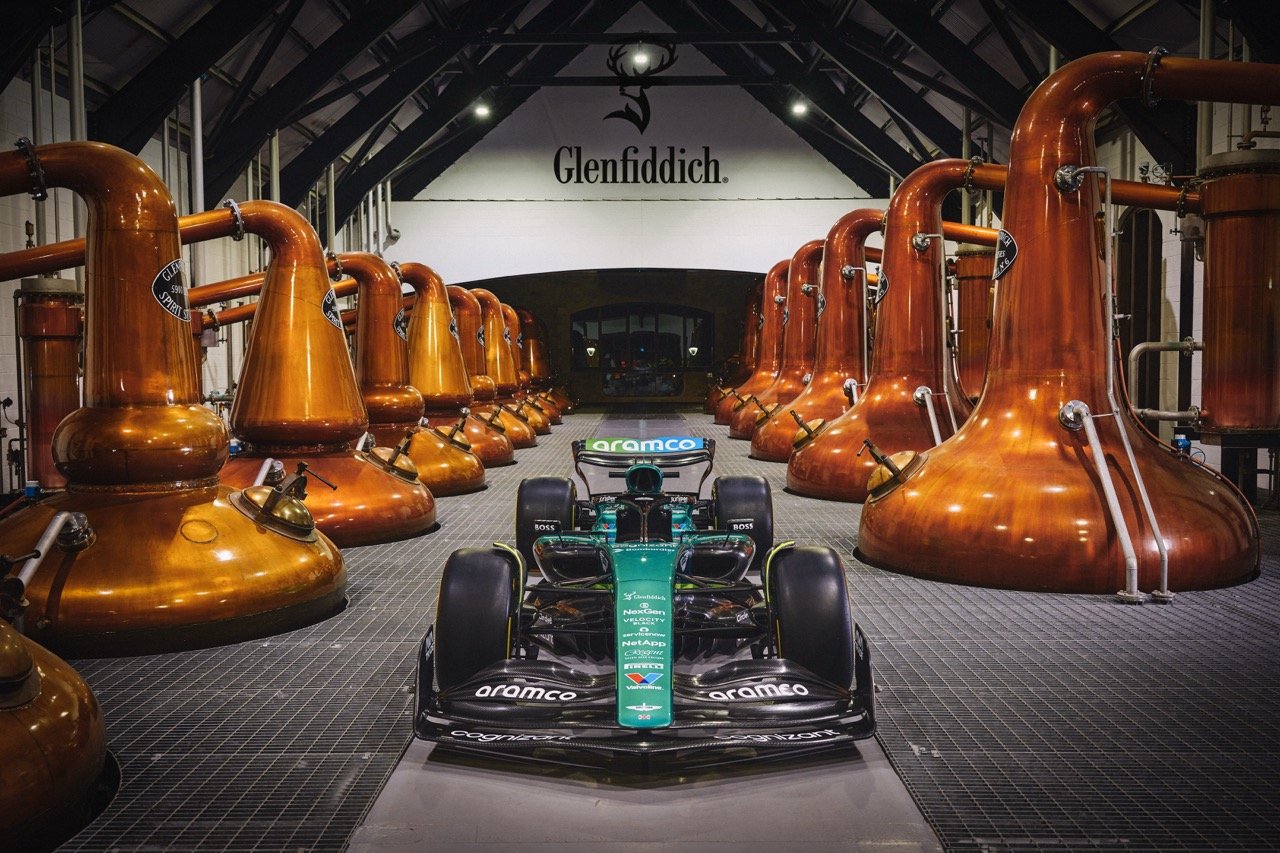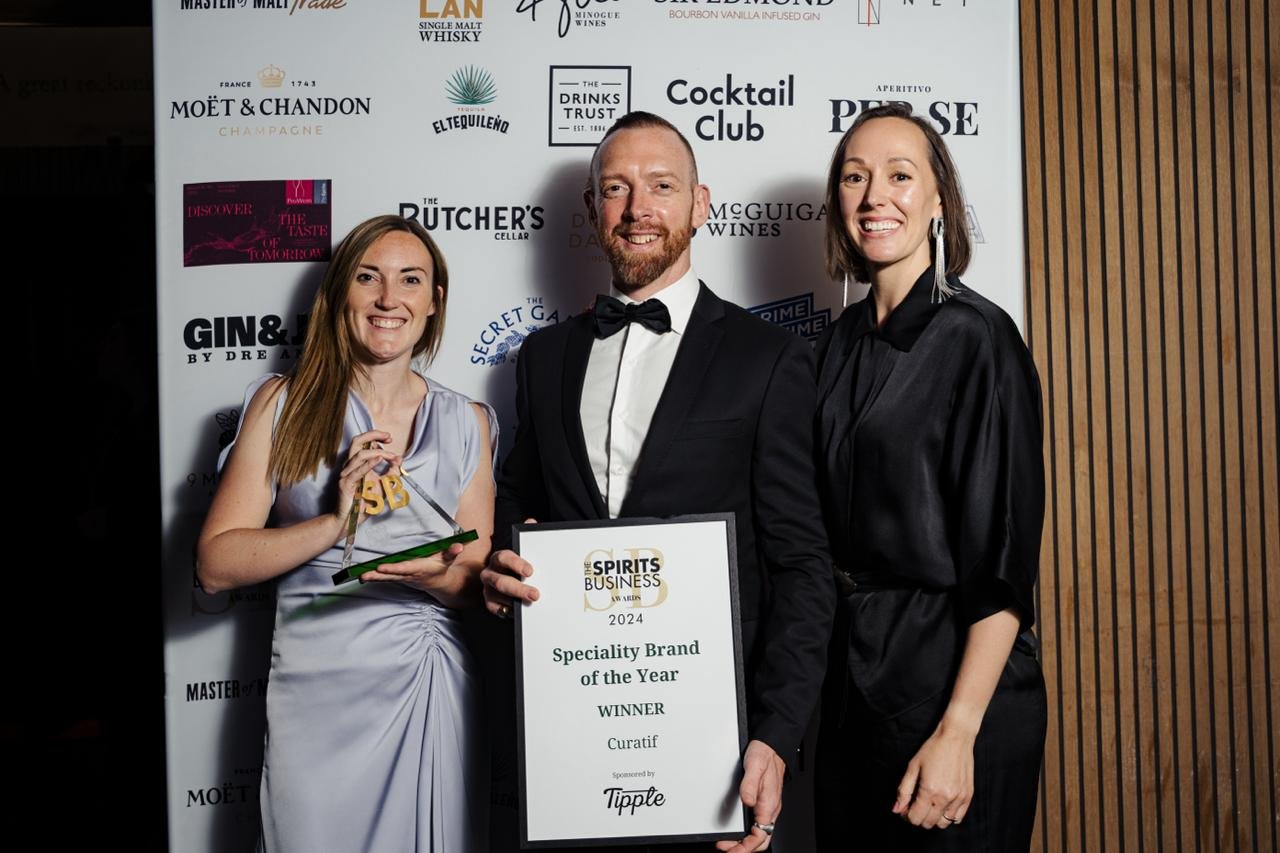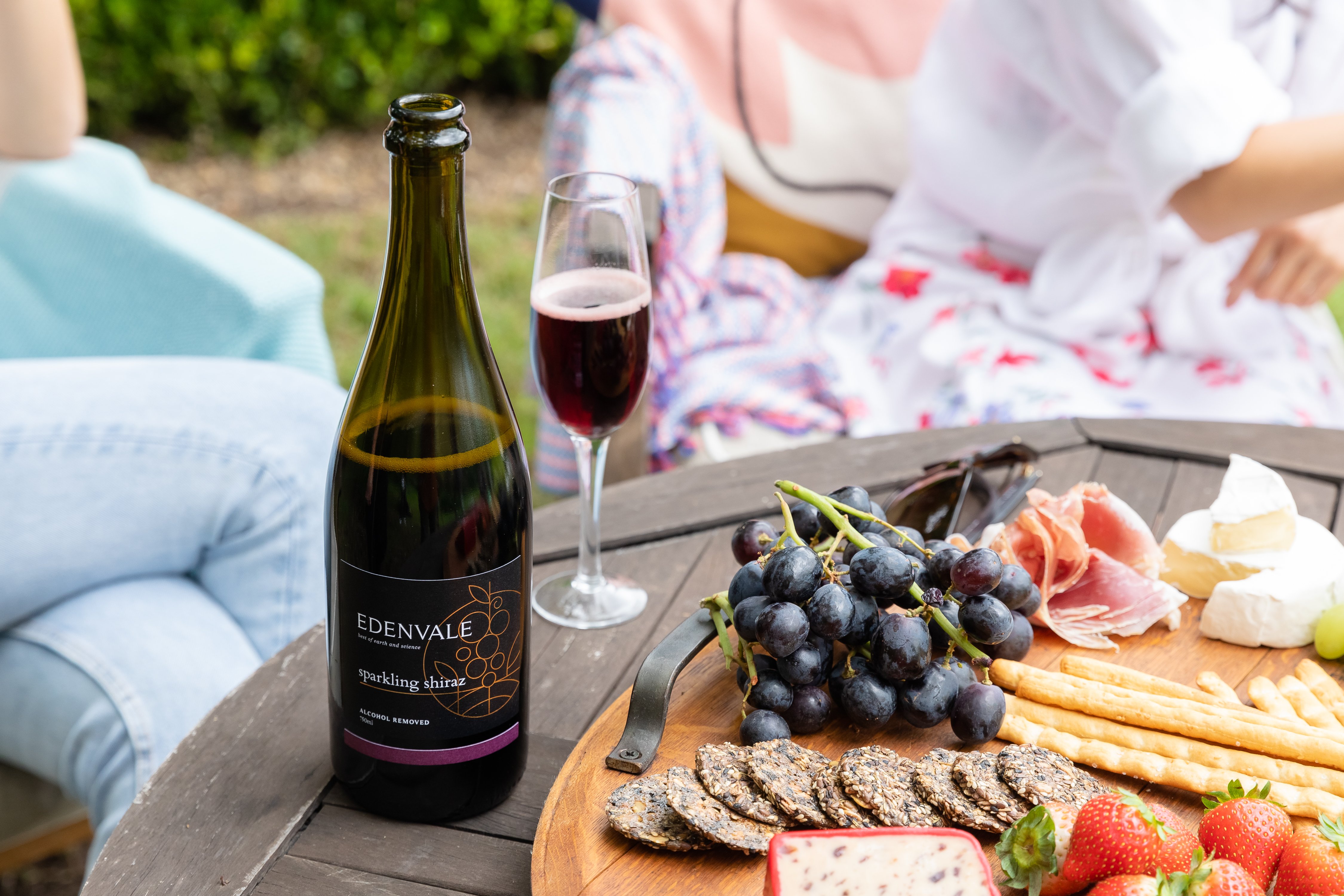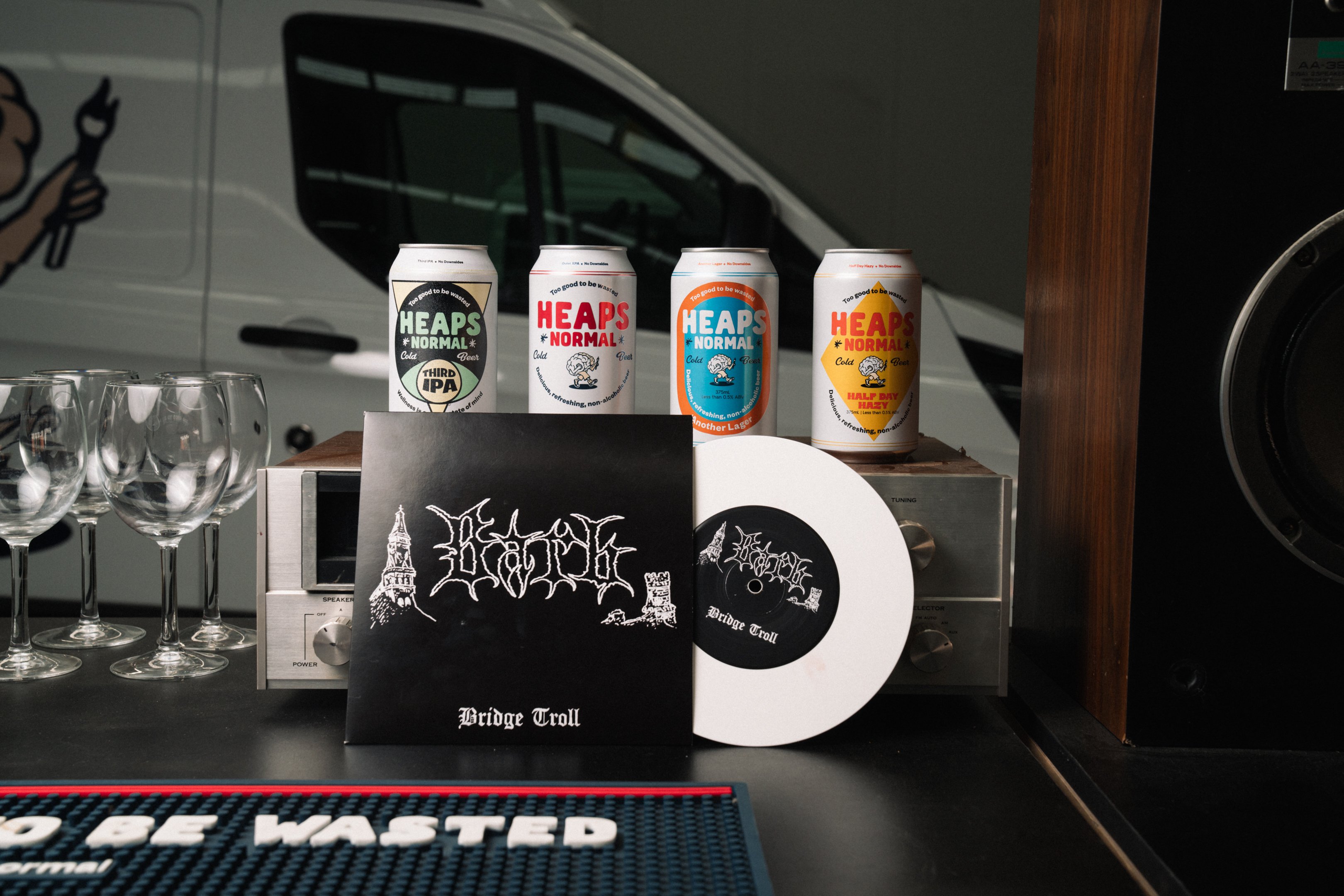The survey asked just under 1,000 Australians, both men and women, aged 18 or over, and 500 of those said they believed that each of the proposed drinks contain just one standard drink of alcohol. In reality however, while a single measure of spirits (30ml) with a mixer contains one standard drink, a schooner of full strength beer contains 1.6 standard drinks and glass of red wine (150ml) contains 1.5 standard drinks.
Results have prompted Diageo to update its existing DRINKiQ website with greater detail about alcohol content in drinks to help consumers be better informed.
Nick Westenberg, Public Policy Manager for the company said: “The fact that half the population think that a glass of wine you’re served in a restaurant or schooner of beer at the pub is the same as a standard drink highlights the need for continued consumer information and education."
Diageo has also updated the site with nutritional information, after the same survey found consumers were misinformed about the number of calories each drink contains.
This time, over half of respondents listed a schooner of beer as the most calorific (52 per cent), compared to spirits (27 per cent) and wine (21 per cent). The correct answer however is that a schooner of beer has around 170 calories, a glass of red wine has just over 140 and a neat serve of spirits has 73 calories.
In addition to the DRINKiQ website, Diageo has begun adding details about saturated fat, sugar, caffeine and sodium content on the labelling of its products.
This is a trend being seen across the industry and in grocery, with consumers wanting to know more about the ingredients in the products they're consuming.
“Australians want to know what they’re drinking, whether that’s the amount of alcohol or the nutritional information – just as they do with the foods they eat. However the information out there can be confusing", Westenberg added.
Therefore Diageo has come up with a 'Drinks Calculator' that allows consumers to work out and track the amount of alcohol they are drinking and how many calories they've consumed. All of this sits alongside a host of responsible drinking tips, as well as advice on how the food people eat, their age, size and gender affects how their bodies processes alcohol.
Share the content
